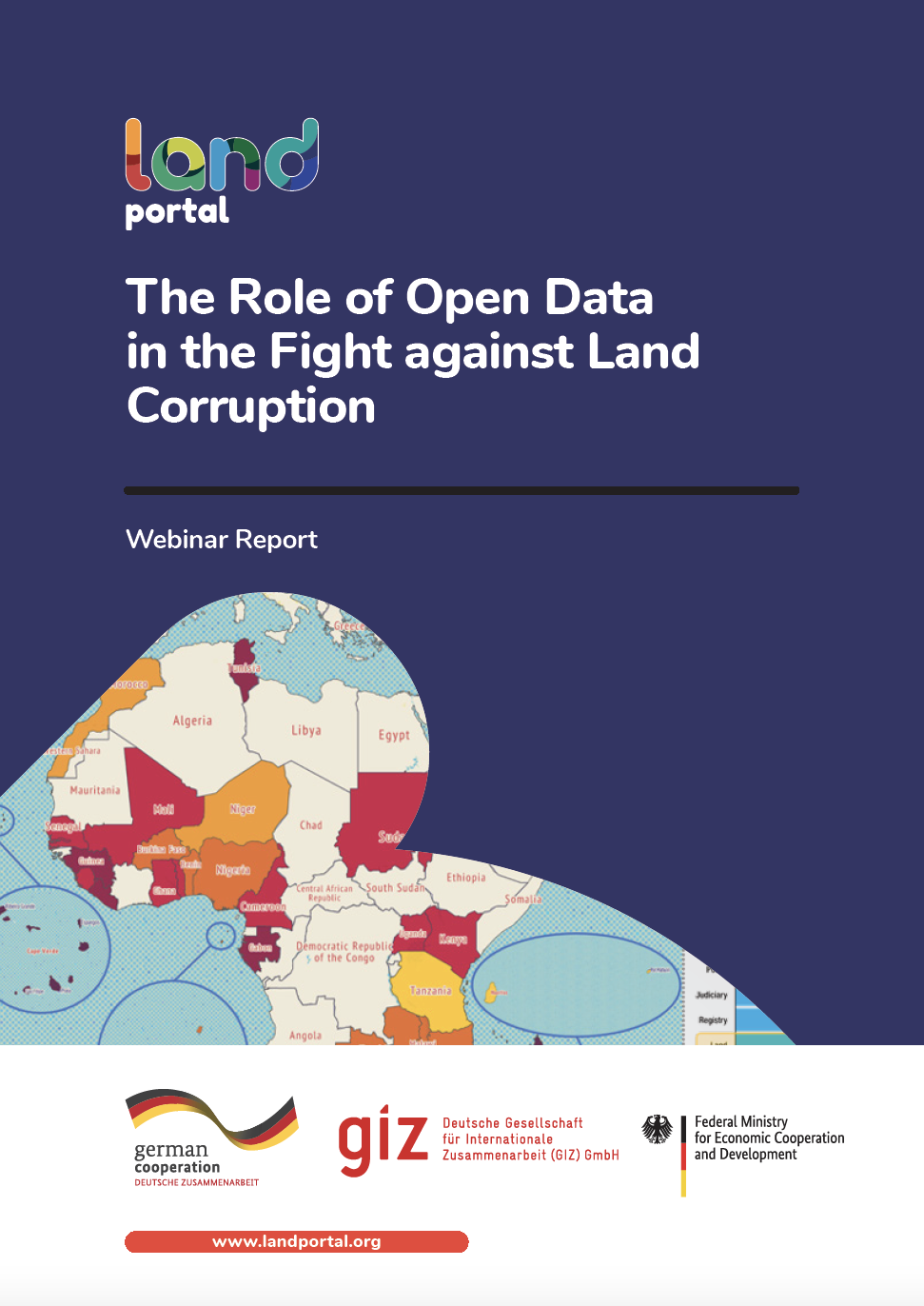The Role of Open Data in the Fight against Land Corruption
Opening up land-related administrative data, combining it with data from other sources and processing and making this data available as easily accessible information for women and men equally could be a means to counteracting land corruption in land management, land administration and land allocation. But does open data and enhanced data transparency indeed help to counteract land corruption?



